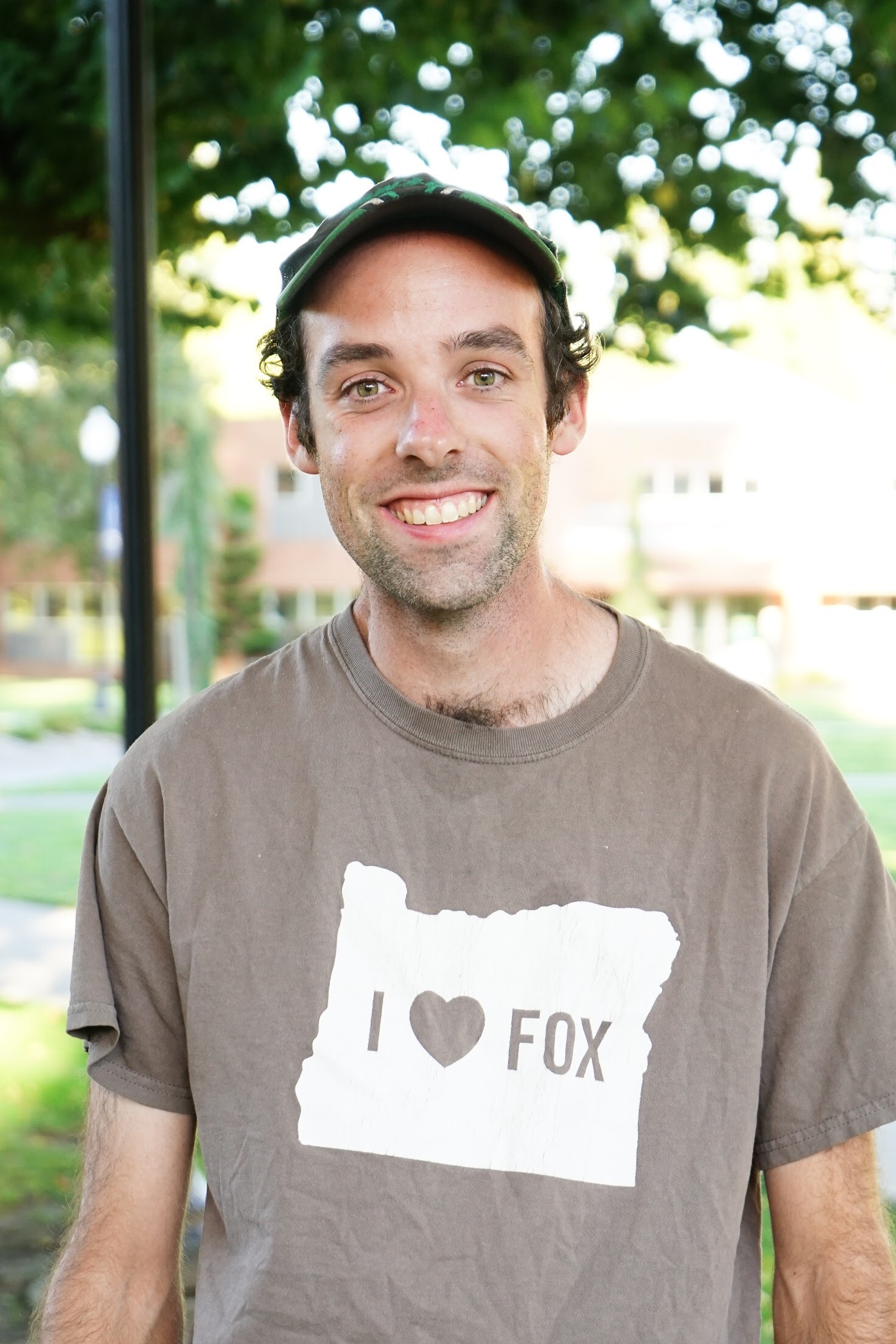To Recycle or Not to Recycle?
Reported by Emma Bach
Lately, recycling has been a popular subject for discussion on the George Fox University (GFU) campus. For those who aren’t aware, GFU has recently cut back on the amount of recycling it takes in, and the masses have been reasonably upset about it. Oregon is known for being eco-friendly and always embracing the phrase “reduce, reuse, recycle,” so why on earth would we stop?
On Monday evening, Trevor Woods, groundskeeper, held an informative meeting to address the current state of recycling at GFU and to answer any questions from the attendees. After sitting in on and listening to the discussion, I walked away with information, answers, and above all, clarity.
Within minutes of the beginning of Woods’ presentation, I became painfully aware that I did not know nearly as much about recycling as I thought I had. In order for a product to be recycled, a company has to be willing to accept it. Recycling is a business, not an obligation, and this is why the situation becomes so complicated.
First and foremost, it’s most important to put an end to the misconception that GFU has stopped recycling completely. We are still recycling 80 percent of what we used to.
“We still have cardboard recycling here on campus,” explained Woods. “It’s more limited in location, which is partially due to the fact that any smaller dumpsters I put out there have to get hand unloaded, and we only have a certain amount of labor to go around.”
Trevor Woods, a groundskeeper at GFU, spoke about the changes in recycling.
The dumpsters designated for cardboard can be found at Canyon Commons, Stevens Center, Plant Services, and EHS (only corrugated cardboard is permitted). More of these cardboard dumpsters may be added around campus in the near future, but it’s not confirmed.
The source of all the change regarding recycling is a global one: starting the beginning of last year, China made changes to their waste transactions with the United States. Typically, the United States would send its recycling to China. However, the contamination level of our recycling was 20-30 percent, which means that 20-30 percent of the recyclables we sent was actually garbage.
As a result, China drew the line and refused to accept any more recycling from the United States until the contamination level dropped to a mere 0.5 percent. Woods informed us that the change has had the biggest impact on the West Coast.
“The West Coast is more affected because we’re along the ocean, and it’s most economical to send/ it [to China],” he said.
Recycling has continued to accumulate in the United States now that we are no longer in business with China. The influx of recycling is so large that other, smaller countries who had once agreed to take it had to cut us off as well. All of this has led to a desperate search to find willing companies to take and process recycling. Most recycling companies have now upped their prices, which makes it even more difficult.
Plant Services is exploring options for the future recycling plan of the university. Woods explained that everything is currently in the discussion phase, and that for right now, the focus is on trying to maintain clean recycling and encourage environmentally friendly habits.
“Environmentally speaking, the best thing that we can do is reduce and reuse. That’s where the biggest difference is made,” he said.
The discussion came to a close with the consensus that there is a lack of education regarding recycling at the university. Attendees — which included both students and faculty — began to brainstorm ways to encourage reusing on campus and inform the student body about recycling, which left me with a feeling of hope.
The conversation is hardly over, and I think that if we want to get back to full-blown recycling it will require a university-wide effort. Nevertheless, progress is being made. If you want to learn more about recycling on campus, GFU has a website specifically designated for such. You can check it out at www.recycle.georgefox.edu.

